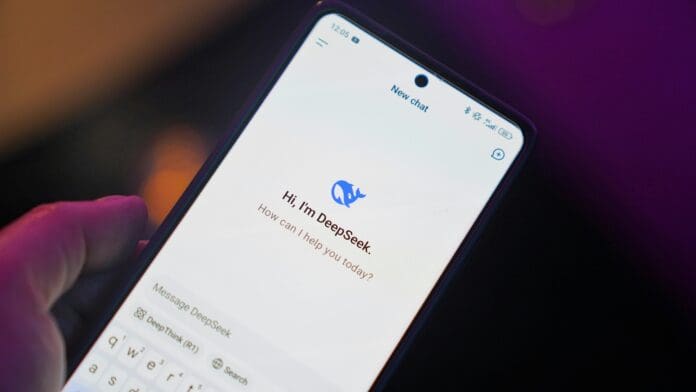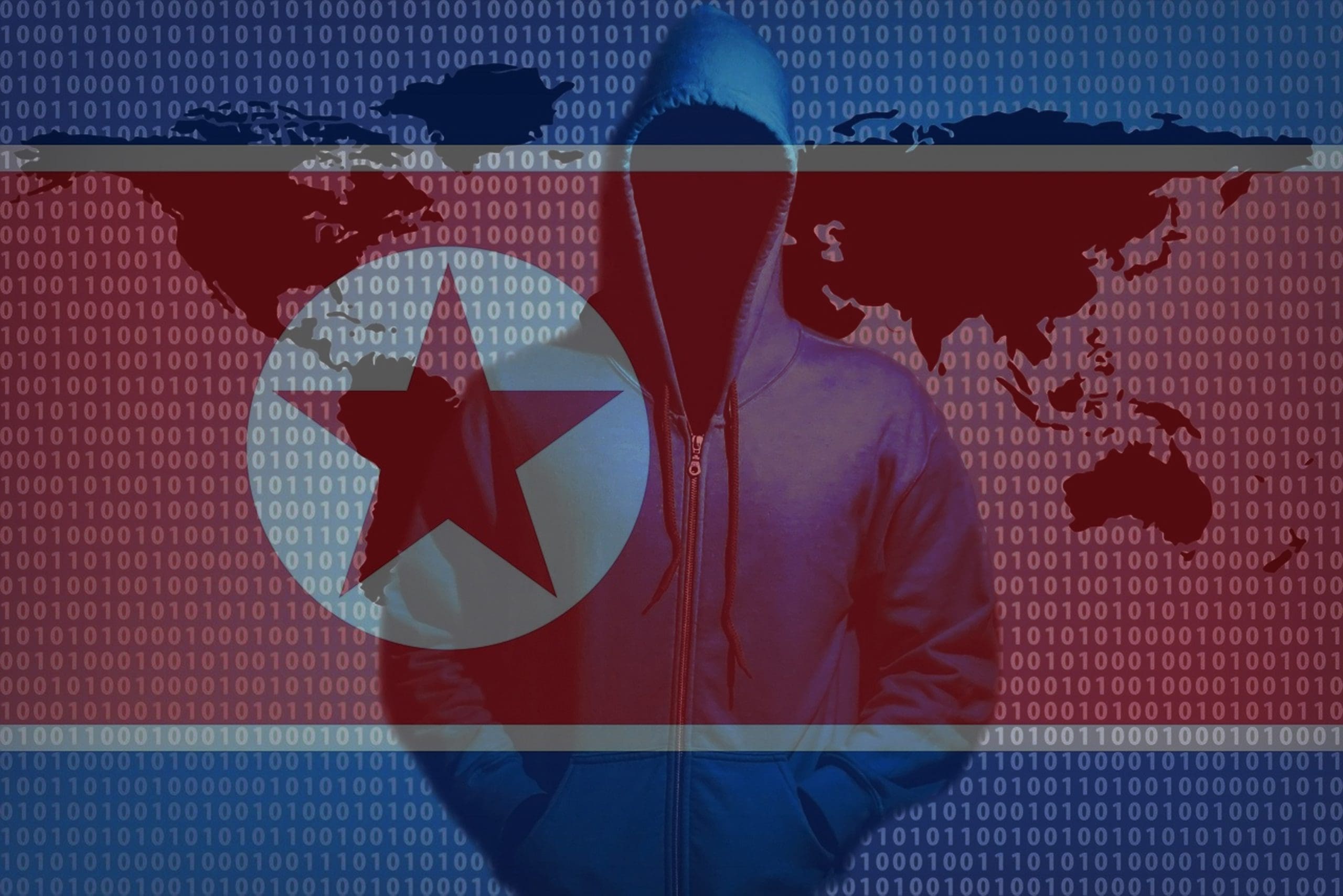This post is also available in:
 עברית (Hebrew)
עברית (Hebrew)
In a move that highlights growing concerns over data security and foreign influence, New York State has banned government employees from using the Chinese-owned DeepSeek AI app, according to the Wall Street Journal. The decision, which was announced earlier this week, comes amid national security concerns regarding the app’s connection to foreign surveillance and government censorship.
DeepSeek, an AI-powered language model, launched on January 10th, quickly gaining popularity to become the most downloaded app in its category on iOS, due to its high performance and low cost. However, its rapid rise has been met with increasing scrutiny, including security flaws in the app as well as cyber experts reporting the app relays information to Chinese-government controlled servers.
New York Governor Kathy Hochul emphasized the national security risks, stating that New Yorkers’ data could be compromised due to DeepSeek’s ties to China. In response, the state has directed agencies to remove the app from all government-issued devices. According to Colin Ahern, New York’s Chief Cyber Officer, there is significant concern over DeepSeek’s data storage and transmission practices, which are based entirely in China.
DeepSeek’s rapid success has been accompanied by controversy. With the app’s data being stored in China, critics argue that it provides Beijing with access to potentially sensitive information. U.S. government entities like the Navy and NASA have already imposed their own bans, citing national security risks. Similarly, Texas was the first state to restrict the app, followed by others including Italy, Taiwan, and Australia, all of whom have raised alarms over the risks posed by DeepSeek.
With ongoing investigations into DeepSeek’s data practices across various nations, the call for robust monitoring and security measures is louder than ever. As AI technology continues to evolve, questions about data control and the risks associated with foreign-operated platforms will undoubtedly remain at the forefront of global cybersecurity discussions.

























